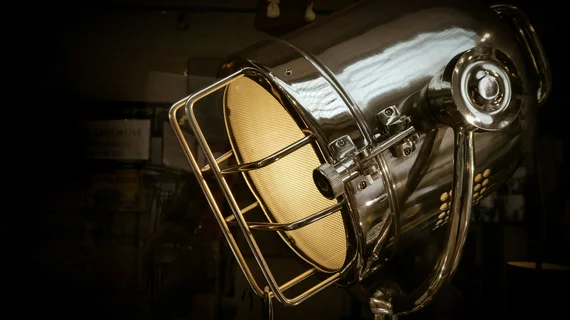Academic medical institution sues patients for unpaid medical bills, faces hot light of public scrutiny
The largest hospital system in a large Western state is feeling the heat of negative publicity over how it goes after patients who owe the system money.
UCHealth in Colorado began making undesirable headlines after it drew the combined investigative might of two local media teams.
In a report posted Feb. 21, the news outfits, the Colorado Sun and 9News TV, paint a picture of a powerful, wealthy nonprofit hospital slapping financially shaky patients with lawsuits.
Adding to the ire the report is sure to ignite is UCHealth’s practice of hiring collections agencies with nondescript names—Credit Service Company, Collection Center Inc.—to do the suing under their own names. When the money comes in for UCHealth, the agencies get to keep a cut for themselves.
The reporters suggest UCHealth employs this approach as a way of “hiding behind” the collections specialists so the hospital can sue “thousands of patients” while avoiding a hit to its excellent reputation for citizenship and community service.
The good reputation has been hard-earned. UCHealth is locally beloved and respected as the main teaching institution of the University of Colorado School of Medicine. Each year the system’s 14 hospitals and 200-plus clinics treat close to 3 million patients.
And now UCHealth finds itself in the media’s crosshairs. Among the illustrative numbers obtained and presented by the reporters—John Ingold of the Colorado Sun and Chris Vanderveen of 9News—are these head-turners:
- Taken together, UCHealth and its unassuming debt collectors filed 15,710 lawsuits from 2019 through 2023. That’s an average of 3,142 lawsuits per year—more than eight a day.
- The health system—which as a nonprofit community institution is exempt from paying taxes—recorded $839 million in total profit last year and collected more than $6 billion in revenue from patient care.
For its part, UCHealth makes the case that its collections practices are both reasonable and above board.
UCHealth: Collections for unpaid medical bills are normal, necessary
For one thing, the institution states, it collects around $5 million per year from lawsuits. That sum represents just 0.07% of the net patient revenue that UCHealth reported receiving last year.
Commenting on this figure, UCHealth’s chief legal officer, Jacki Cooper Melmed, tells the newspaper and TV station that filing suit against patients represents “the very last resort. … We are talking about the tiniest fraction of patients whom we simply cannot partner with earlier in the process.”
Further, Cooper Melmed suggests, serving patients with lawsuits in UCHealth’s own name would confuse patients.
“It would make less sense, honestly, to do that because the debt at that point is assigned to the vendor,” she tells Ingold and Vanderveen. “So the real party who has control over the suit is the vendor.”
Cooper Melmed also calls lawsuits against patients an “unfortunate necessity” in U.S. healthcare. “I don’t think UCHealth is an outlier here,” she says.
Unfavorable comparisons could hurt
The bad press over the lawsuits probably won’t be corralled so easily, however. The report contrasts UCHealth with three other hospital systems in the Centennial State. Two of them have never sued their patients while the third did so in the past but stopped the practice two years ago.
Meanwhile the reporters quote two sued patients. One says her protracted poor experience with UCHealth debt collectors has prompted her to warn friends and family:
Avoid hospitals as much as possible “unless you can’t breathe or you are bleeding.”
There’s a good deal more detail in the investigative report, which includes input from the Colorado News Collaborative and KFF Health News. Read the whole thing.

